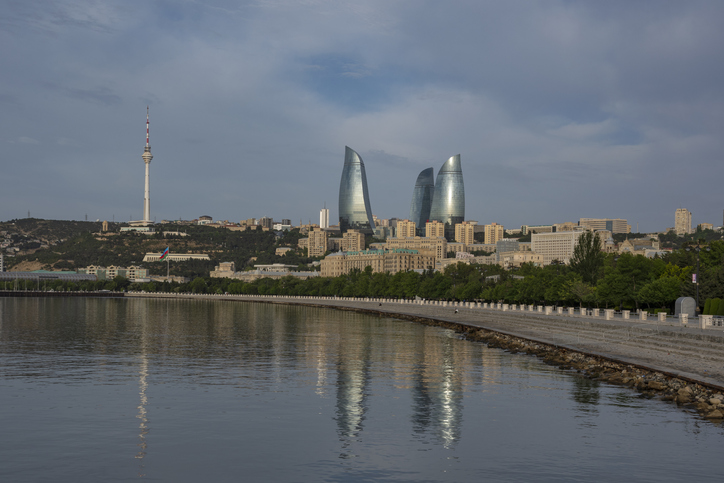The COP29 Presidency on Tuesday launched the Reducing Methane from Organic Waste Declaration, with over 30 states amongst the initial signatories, who combined represent 47 per cent of global methane emissions from organic waste, declaring their commitment to set sectoral targets to reducing methane from organic waste within future NDCs.
This includes seven of the world’s 10 largest organic waste methane emitters. Signatories commit to launching concrete policies and roadmaps to meet these sectoral methane targets.
This declaration, developed with the UNEP-convened Climate and Clean Air Coalition (CCAC), builds on the work of previous COPs by supporting the implementation of the 2021 Global Methane Pledge (GMP), launched at COP26.
The GMP sets a global target of reducing methane emissions by at least 30 per cent below 2020 levels by 2030. Organic waste is the third largest source of anthropogenic methane emissions, behind agriculture and fossil fuels, meaning that action in this sector is crucial to meet the goals of the GMP.
Also, the COP29 Presidency, in partnership with the Food and Agriculture Organization of the United Nations (FAO), officially launched the Baku Harmoniya Climate Initiative for Farmers, to acknowledge the fundamental role of farmers as agents of climate action.
This leading effort will bring together on one platform the dispersed landscape of existing climate initiatives in the field of food and agriculture. In doing so, the platform will help to identify gaps and opportunities for future policymaking and support that recognise and empower farmers, villages and rural communities.
Building on strong collaborations with financial institutions, Harmoniya will develop an online portal and produce accessible guidelines for farmers and agricultural organisations, making support easier to find and access.
Alongside this, the Ministry of Agriculture of Azerbaijan, in partnership with the UNEP-convened Climate and Clean Air Coalition, announced a new cooperation on the development of a methane reduction roadmap for the country’s agricultural sector.
This collaboration supports Azerbaijan’s commitment to the Global Methane Pledge and aims to implement innovative, sustainable practices in livestock management and manure systems.
Commenting on the Reducing Methane from Organic Waste Declaration, COP29 President Mukhtar Babayev remarked: “The COP29 Presidency has worked to drive progress on mitigation throughout the year through both the UNFCCC process and our own Action Agenda. Today’s declaration takes a great stride forward in helping nations to implement the Global Methane Pledge, which is an important part of global efforts to reduce our emissions in this critical decade for climate action.”
“Fast-tracking actions to reduce methane from organic waste is critical to keep the goals of the Paris Agreement within reach, and can strengthen our food systems globally while harnessing circular economy opportunities” said Martina Otto, Head of the UNEP-Convened CCAC Secretariat.
“Given over 50 per cent of municipal solid waste is organic waste that emits methane, and nearly one-third of all food produced is lost or wasted each year, this declaration will help to increase ambition in the prevention, separate collection, and improved management of organic waste, including through targets in the next round of countries’ climate plans, cooperation across all levels of government, and finance, helping us keep food out of landfills.”
(IANS)














